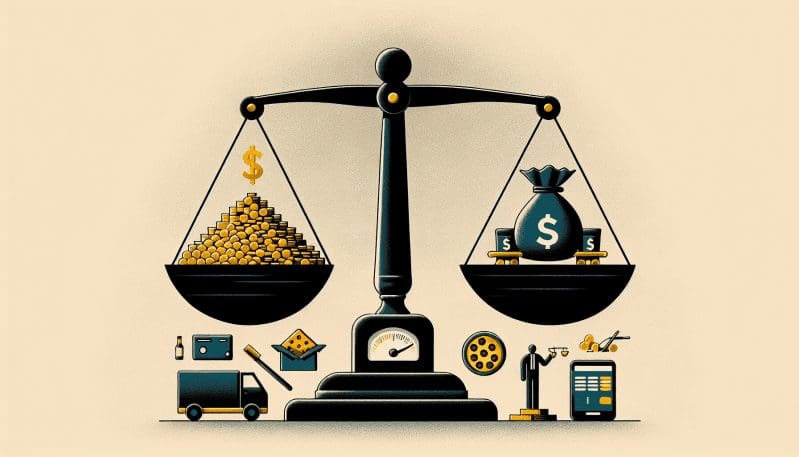In the bustling streets of modern work culture, the gig economy thrives like a lively bazaar, appealing to a generation seeking flexibility and autonomy. Yet behind its alluring facade, questions loom like shadows over job security, benefits, and the integrity of worker treatment. As an Employee Advocate, I peel back the curtain to reveal the intricate tapestry of the gig economy—a disruptive force transforming the workforce before our very eyes.
The gig economy has woven itself into the fabric of our work lives, offering an alternative to the traditional 9-to-5—a siren’s call to those yearning to break free from the confinement of office walls. Platforms like Uber, Airbnb, and Upwork champion the narrative of the independent worker, the modern-day artisan crafting their destiny, one gig at a time. For employers, this tapestry glistens with potential: a flexible workforce, reduced overhead costs, and an on-demand talent pool that ebbs and flows with business needs.
Yet, as we marvel at the mosaic of opportunity, we cannot overlook the frayed edges. Workers navigate a labyrinth devoid of the usual protections—health insurance, retirement plans, and even the basic assurance of minimum wage. The gig economy can be a chameleon; to some, it is a portrait of freedom, while to others, it reflects an exploitative underbelly of the labor market. The polarity is stark: the joy of flexibility versus the anxiety of unpredictability.
Beyond the individual, the gig economy beckons us to confront the thorny bramble of legal and ethical implications. Misclassification of workers as independent contractors is but one controversy stirring in the pot of public discourse. The drumbeat for regulation grows louder as tales of exploitation emerge from the shadows. Calls for portable benefits, clearer contractual terms, and minimum wage guarantees stir the pot, simmering with the question: How do we ensure fair treatment for gig workers?
As we dissect the gig economy, traditional companies sit at a crossroads, gazing into the crystal ball for a glimpse of competitiveness in this brave new world. Should they integrate gig principles, such as project-based roles and remote working options, or would such a shift unravel the fabric of workers’ rights that generations have fought to weave? The delicate balance between innovation and protection is akin to a tightrope walk above the cityscape of labor laws.
In conclusion, the future of the gig economy hangs in the balance, a pendulum between blessing and curse. As we stand at the precipice of change, we must calibrate our compass to the cardinal points of fairness, dignity, and resilience. The time is ripe for dialogue, for policy, and for action, ensuring that the gig economy becomes less of a gamble and more of a guarantee for a future where flexibility does not come at the cost of security.
The Work Times, in its pursuit of truth and advocacy, extends its quill to you, the reader, to join this critical conversation. Our vocation transcends mere reporting; it is an invitation to sculpt a future where the narrative of work encompasses every worker, every wall, and every possibility.




























